In April this year, training was completed by GCS’ senior field technicians in Nabatieh, a city situated near Lebanon’s southern border. In association with MAG, this event was aimed at relaying essential mechanical details that will help to eliminate remnants of war in and around that region.
With over 2 decades of demining experience, it makes sense that 47-year-old Hassan Ayoub is tasked with preparing a team of engineers to head into battle against a common threat – landmines. The senior technician, who has done similar work in countries such as Mali and Qatar, is especially capable since this training program was presented in the country of his birth, Lebanon.
8 local engineers received practical guidance related to the operation and maintenance of the GCS-200, a mechanical demining machine capable of destroying some of the most merciless explosives. In alliance with Mines Advisory Group (MAG), the four-week course was geared toward equipping staff with the skills needed to clear large-scale minefields safely and with precision.
“We prepare a customised training program based on what product was purchased. This can last anywhere from 2 weeks to 12 weeks. It all depends on what the client requires,” says Ayoub. Focus was placed on how to pilot the remote-controlled device and its accompanying flail, a set of 26 hammers that can rotate at a speed of up to 500 rpm. Since rocks and hardened gravel are common in this environment, there was a demand for a machine capable of processing rough terrain with ease. Naturally, it needed to be bold enough to challenge the likelihood of having to destroy undetonated anti-tank mines, that could contain around 10 kg of explosives. Being able to withstand such harsh elements is a must, so too is a responsive service centre.
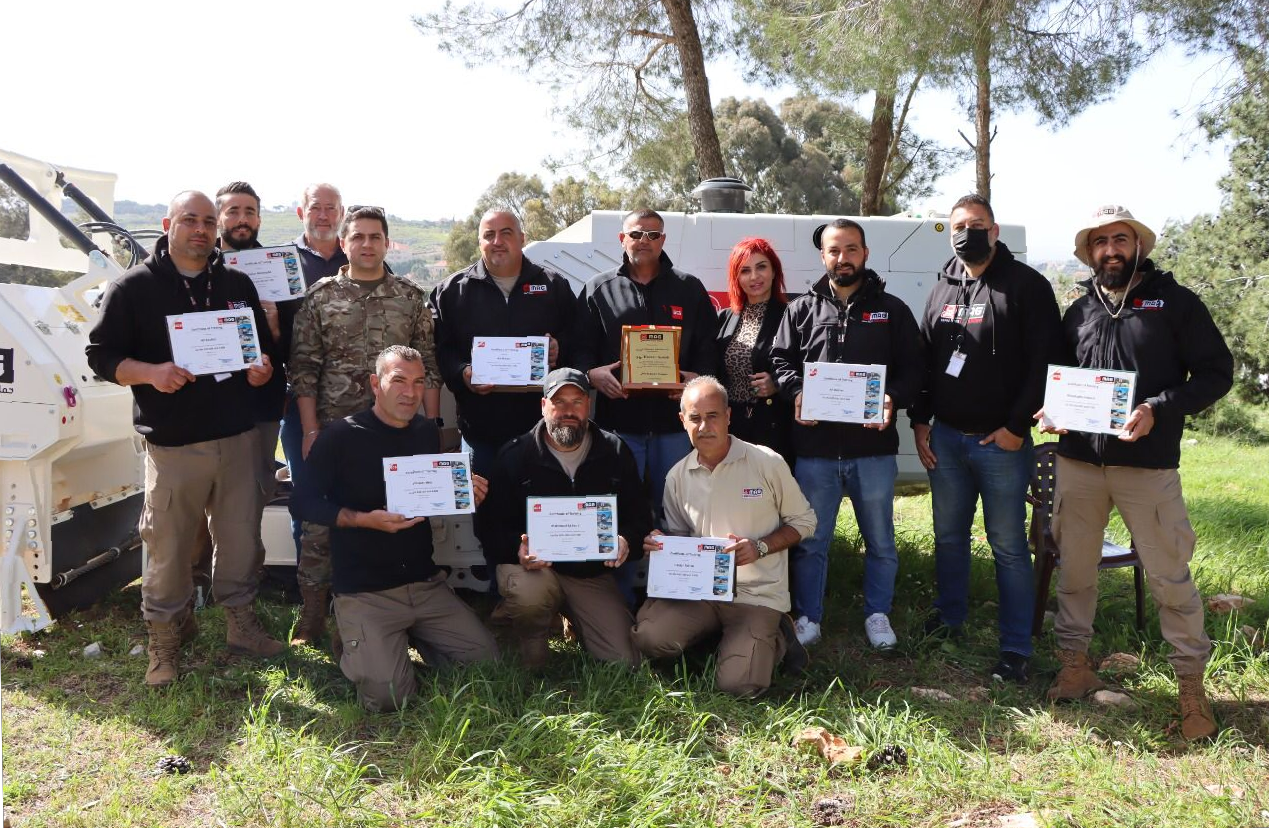
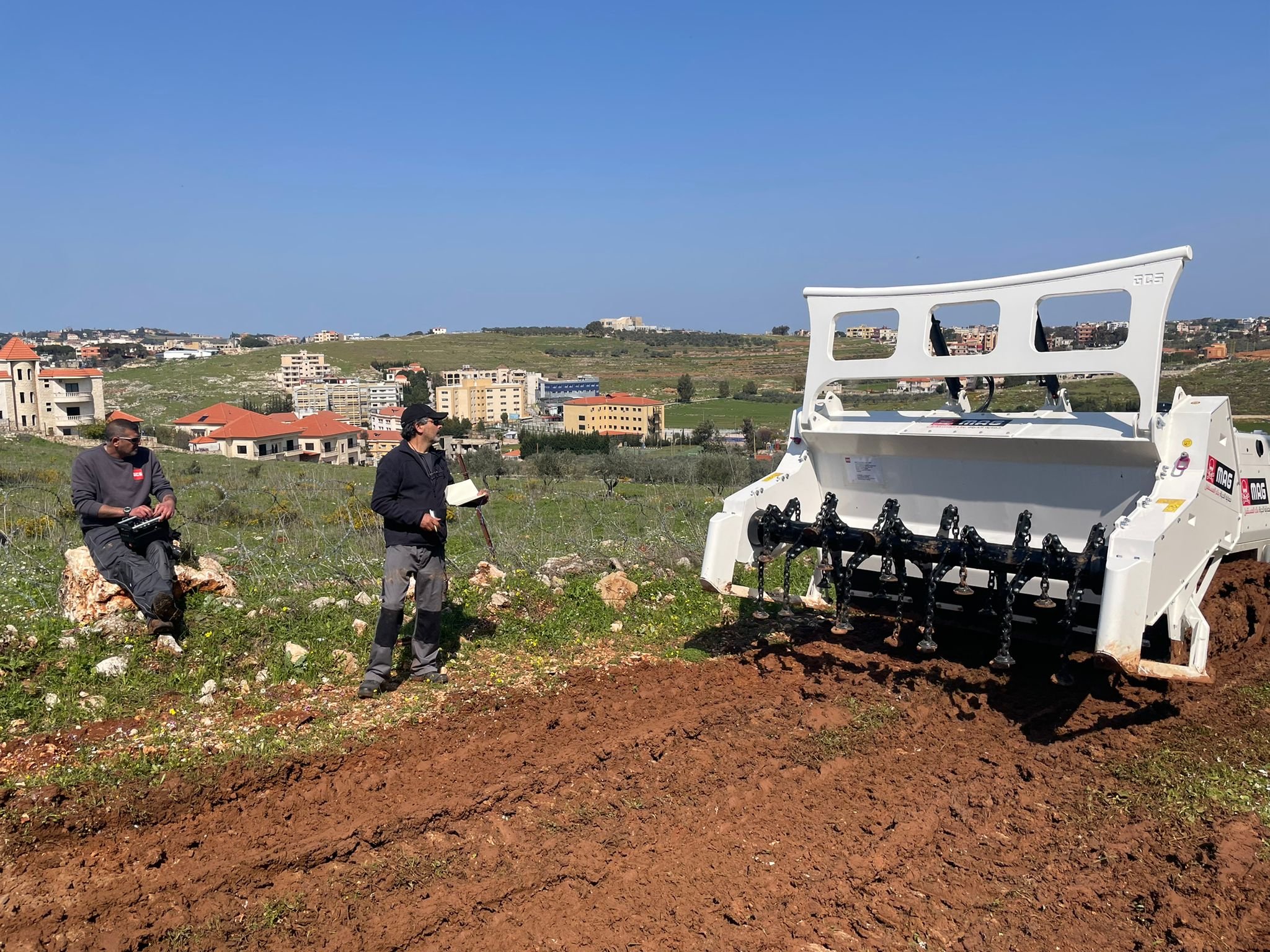
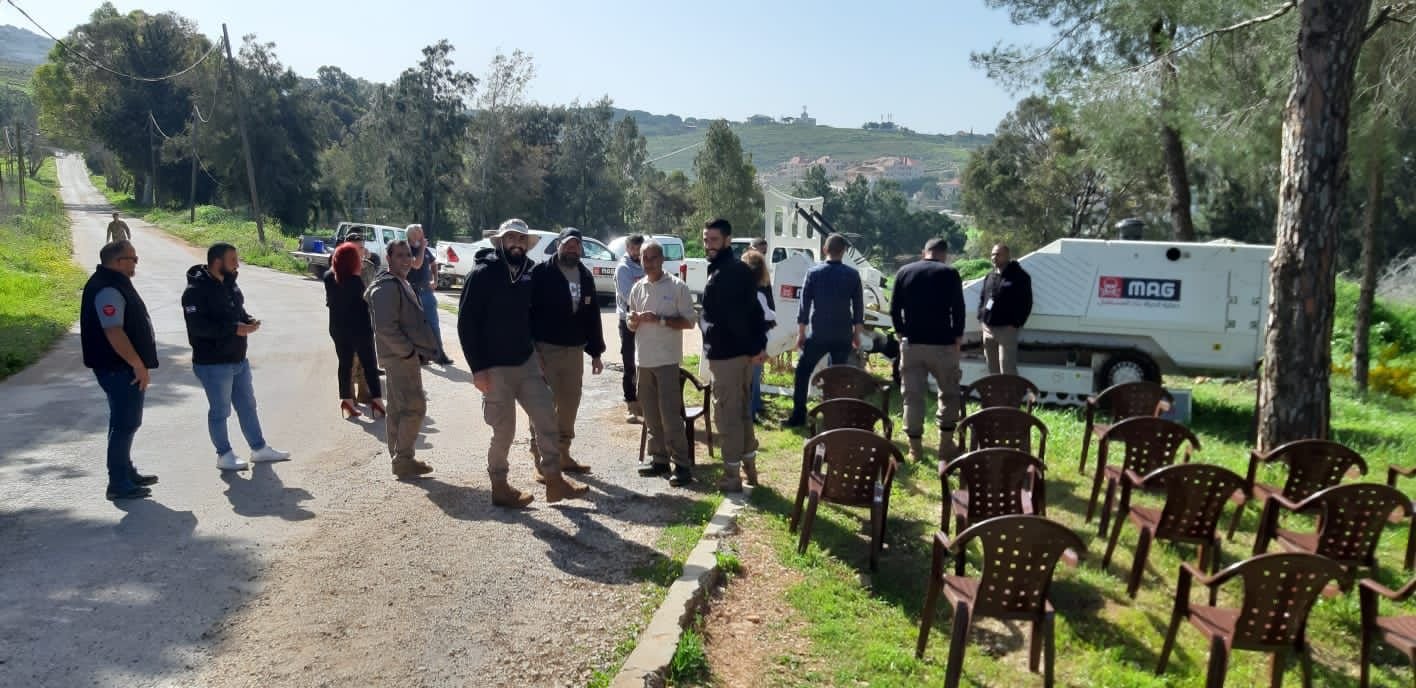
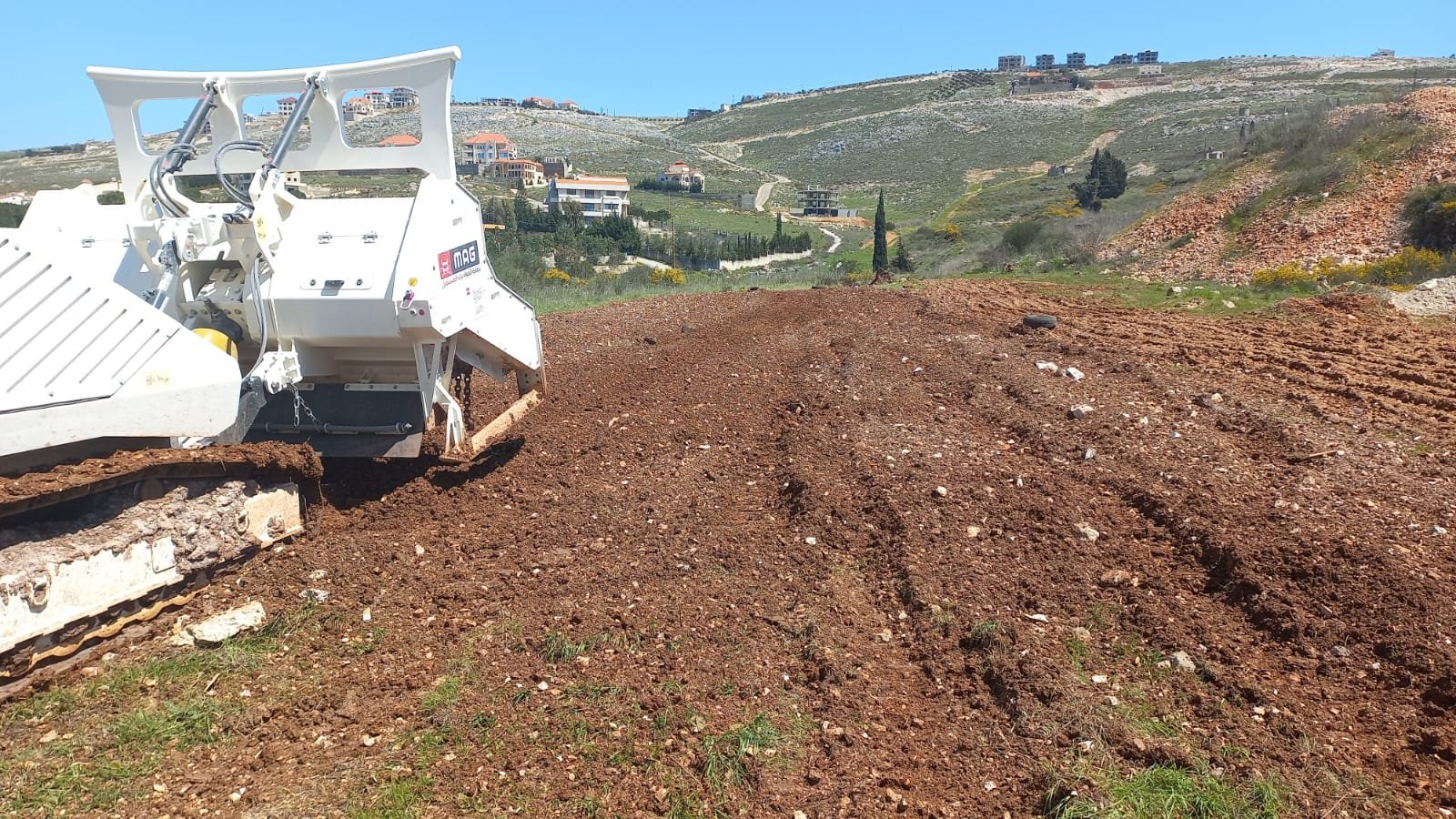
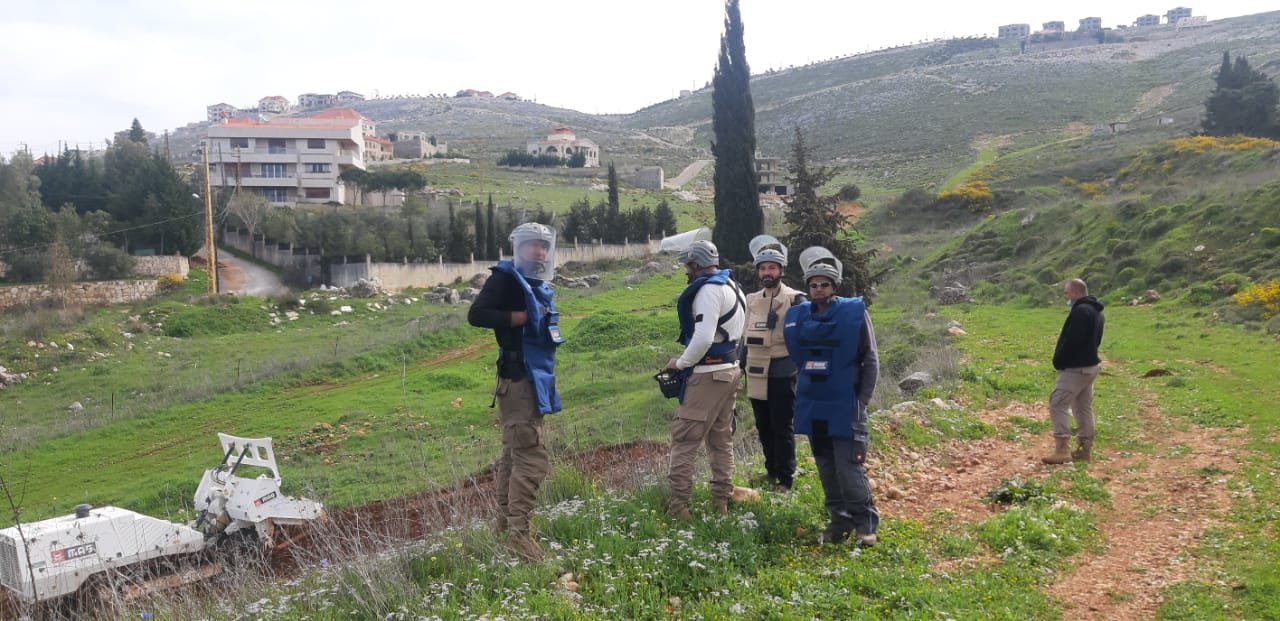
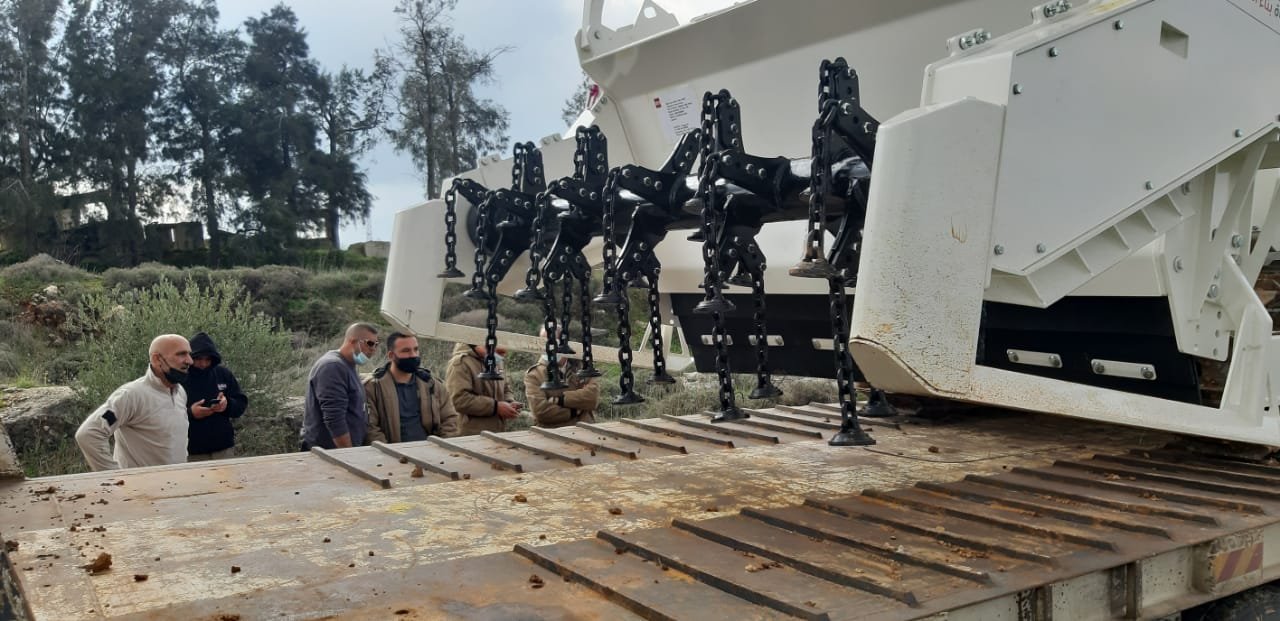
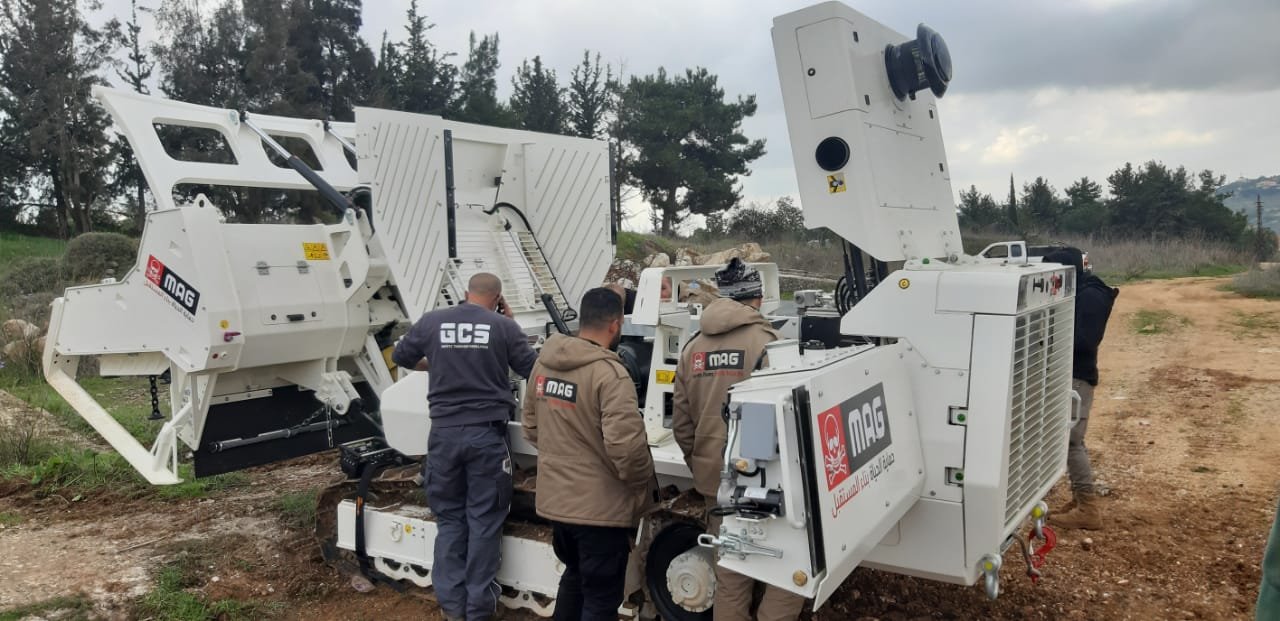
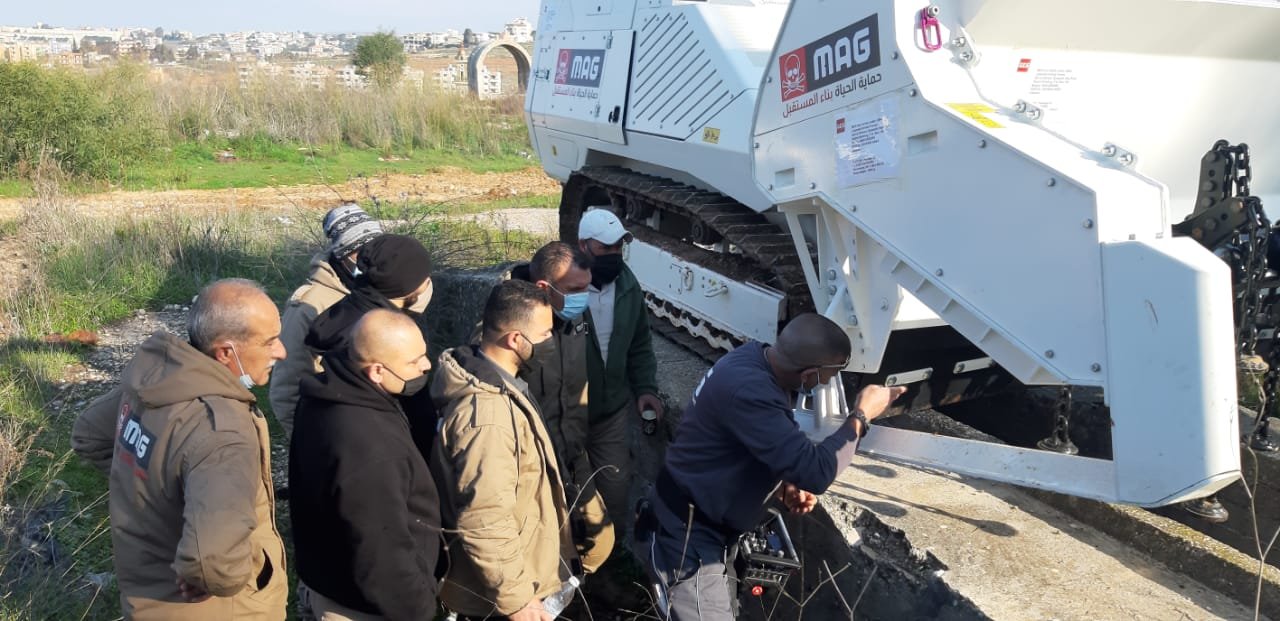
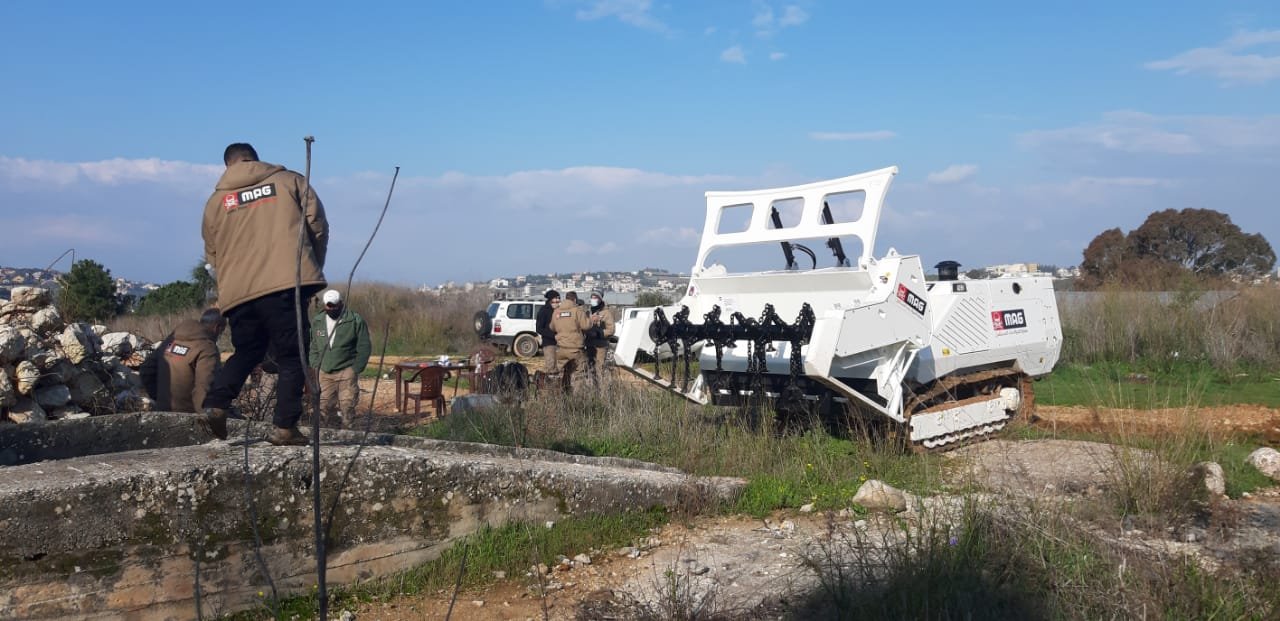
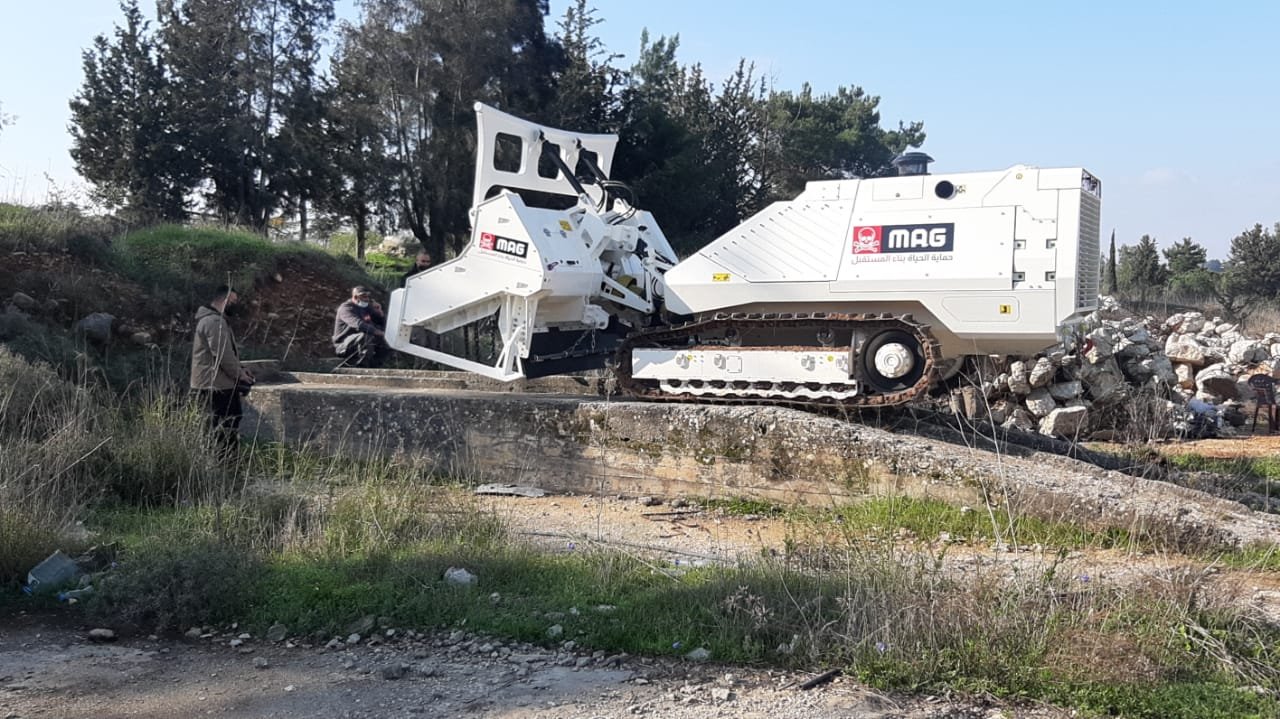
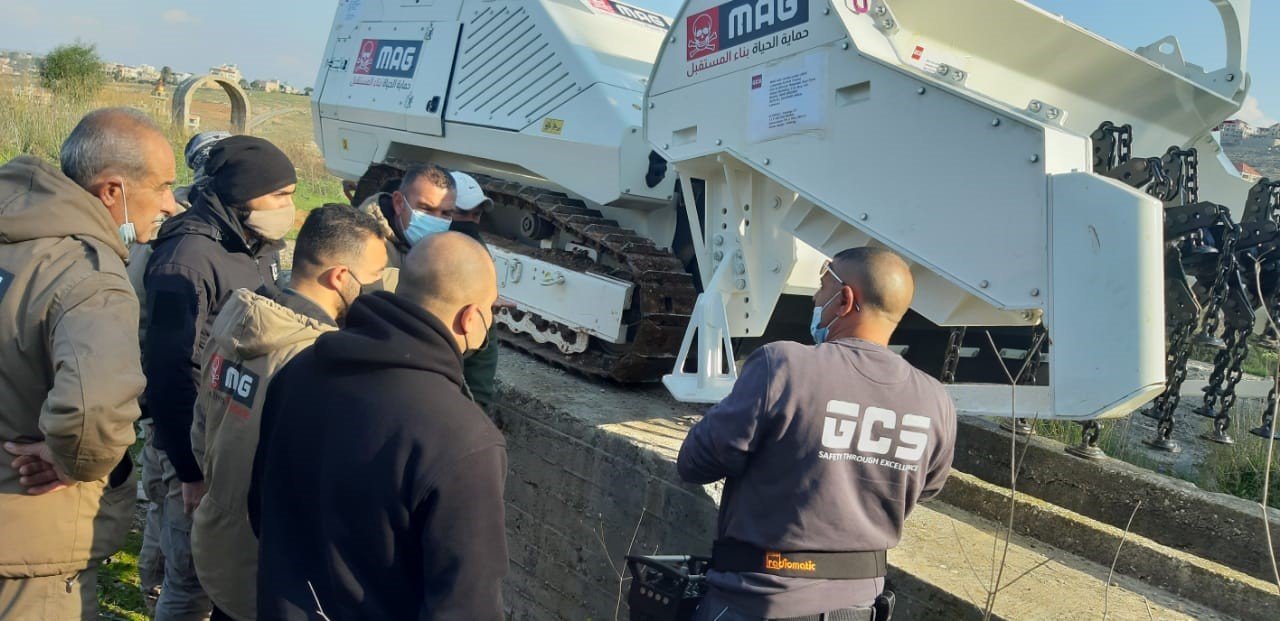
Fabian Klauser, who oversees after-sales support at GCS says, “Service is a fundamental part of the company and our track record in this regard speaks for itself. This can include one of our technicians transferring niche skills, willingness to travel to remote locations should repairs be needed or receiving technical support directly from our production facility in Germany.”
A drawn-out civil war, clashes between Lebanese and Israeli armed forces and fighting amongst various militia groups are some of the reasons why remnants, landmines particularly, continue to leave visible scars in parts of the country. Experts suggest that thousands of active landmines exist, particularly within the Blue Line, a historically sensitive stretch of land separating the above-mentioned neighbouring nations. Since 2001, MAG has been on the frontline of mine clearance across Lebanon where their tireless efforts continue to make a noteworthy difference.
Responding to questions through a series of WhatsApp voice notes, Ayoub reflects on this experience by saying, “It’s my pleasure to pass on this type of knowledge, it’s also humanitarian work and it can save lives.” Diminishing minefields is crucial since they prevent communities in Lebanon from making use of agricultural land. Clearance Initiatives and related risk education are essential to help alleviate affected areas that undeniably hinder domestic progress and place innocent civilians at risk.

